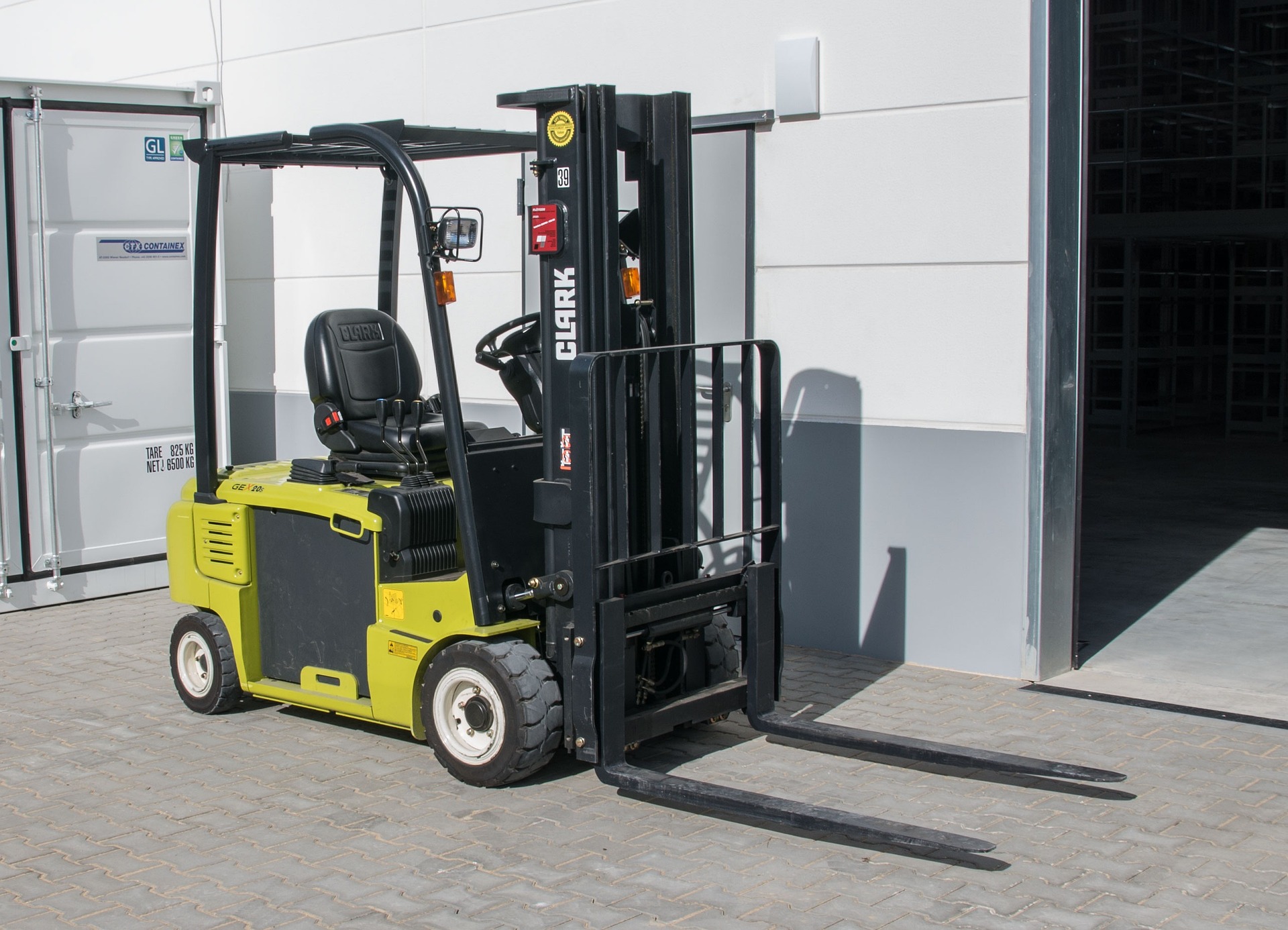Why Forklift Companies in Australia Keep Expanding
The forklift industry across Australia has experienced remarkable growth over the past decade, driven by expanding warehouse operations, increased e-commerce demand, and infrastructure development projects. This expansion has created numerous employment opportunities for skilled operators and maintenance technicians, while companies continue investing in new equipment and facilities to meet rising demand from various sectors including retail, manufacturing, and logistics.

Why the Sector Keeps Growing
Australia’s forklift industry growth stems from several interconnected factors that continue to drive expansion across the country. The rise of e-commerce has significantly increased demand for warehouse and distribution centre operations, requiring more forklift equipment and trained operators to handle increased inventory movement.
Infrastructure projects, particularly in major cities like Sydney, Melbourne, and Brisbane, have contributed substantially to industry growth. Construction sites, ports, and manufacturing facilities require reliable material handling equipment, creating sustained demand for forklift services and rental companies.
The mining sector’s recovery and ongoing operations in Western Australia and Queensland have also boosted demand for heavy-duty forklifts capable of handling rough terrain and substantial loads. Additionally, Australia’s growing population and urbanisation have increased retail and wholesale distribution needs, further expanding the market for forklift operations.
What the Job Involves
Forklift work in Australia encompasses various responsibilities depending on the specific role and industry sector. Operators primarily focus on loading and unloading trucks, moving materials within warehouses, and organising inventory in storage areas. The work typically involves operating different types of forklifts, from standard counterbalance models to reach trucks and rough terrain vehicles.
Daily tasks often include conducting pre-operational safety checks, maintaining accurate inventory records, and coordinating with warehouse supervisors to prioritise material movement. Many positions require working in fast-paced environments where efficiency and safety must be balanced effectively.
Beyond basic operation, many roles involve inventory management using computerised systems, basic maintenance tasks like battery charging and equipment cleaning, and collaboration with team members to optimise workflow. Some positions may require working across different shifts or adapting to seasonal demand fluctuations, particularly in retail and agricultural sectors.
Skills Employers Value
Australian employers consistently seek forklift operators who demonstrate strong safety awareness and attention to detail. Valid forklift licences are mandatory, with many employers preferring candidates holding multiple endorsements for different equipment types, such as LF (counterbalance) and LO (order picker) licences.
Technical competency extends beyond basic operation to include understanding weight distributions, load calculations, and equipment limitations. Employers value operators who can efficiently navigate tight spaces while maintaining safety standards and preventing product damage.
Communication skills prove essential, as operators must coordinate with supervisors, truck drivers, and warehouse staff throughout their shifts. Problem-solving abilities help operators address unexpected situations, such as equipment malfunctions or inventory discrepancies, without requiring constant supervision.
Physical fitness remains important, as the work involves extended periods of sitting, frequent mounting and dismounting of equipment, and occasional manual handling. Many employers also appreciate candidates with basic computer literacy for inventory management systems and digital documentation requirements.
Industry Employment Landscape
The Australian forklift industry encompasses various employment models, from permanent warehouse positions to casual rental company roles. Many operators find opportunities through labour hire companies that service multiple clients, providing variety in work environments and skill development opportunities.
Career progression often involves advancing to supervisory roles, specialising in particular equipment types, or transitioning into maintenance and repair positions. Some experienced operators establish their own equipment rental businesses or become certified trainers for forklift licensing courses.
The industry offers reasonable job security, with experienced operators often finding consistent work even during economic downturns, as material handling remains essential across most industries. However, it’s important to understand that while the industry shows strong growth trends and employment potential, specific job availability varies by location and timing, and individual employment outcomes depend on various factors including qualifications, experience, and local market conditions.
Different regions across Australia offer varying opportunities, with major metropolitan areas typically providing more diverse options, while regional centres may offer specialised roles in mining, agriculture, or manufacturing sectors.
The continued expansion of Australia’s forklift industry reflects broader economic trends toward increased automation, e-commerce growth, and infrastructure development. While this creates a positive environment for employment opportunities, success in the field requires proper licensing, ongoing skill development, and adaptability to changing workplace technologies and safety requirements.




